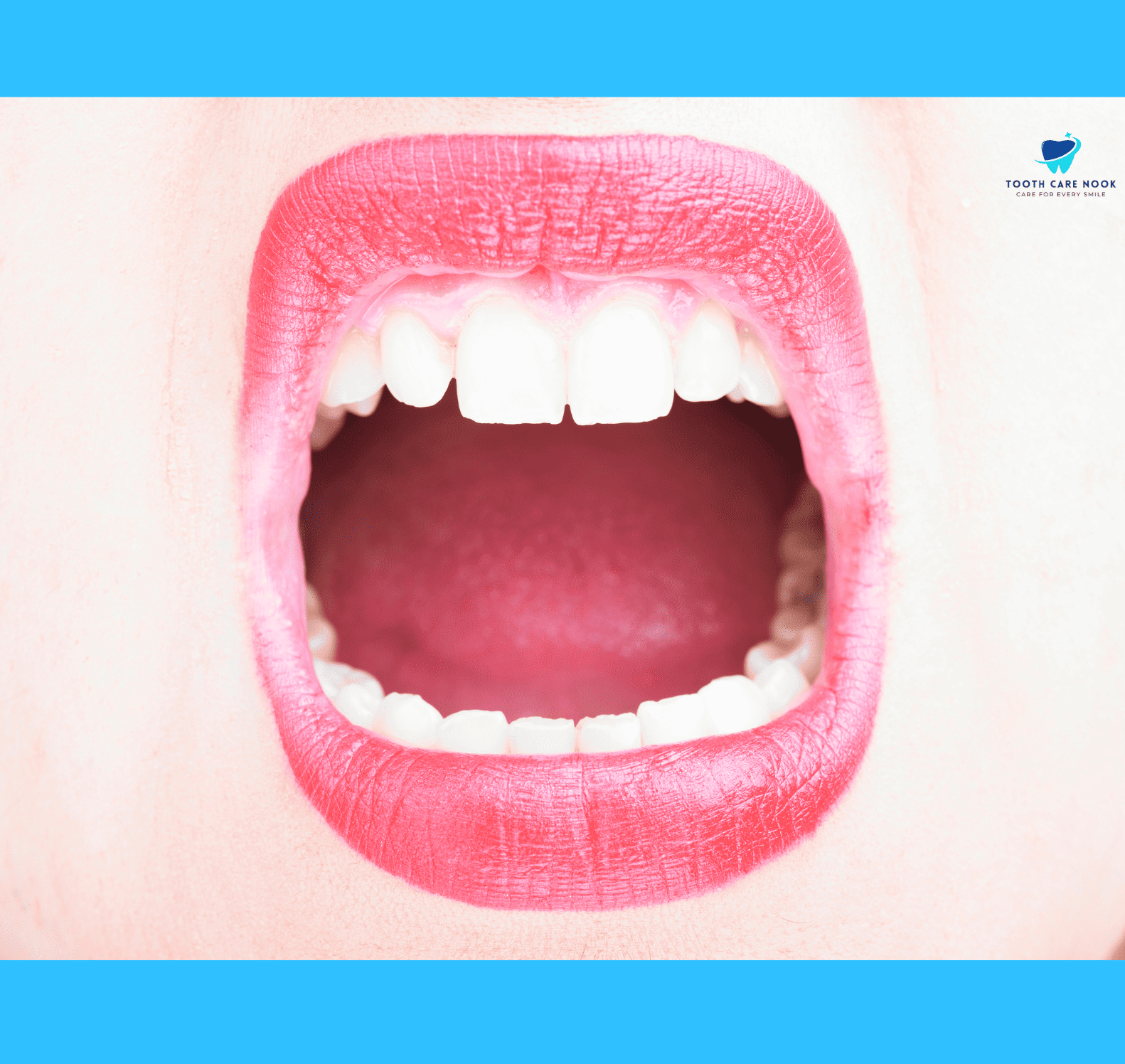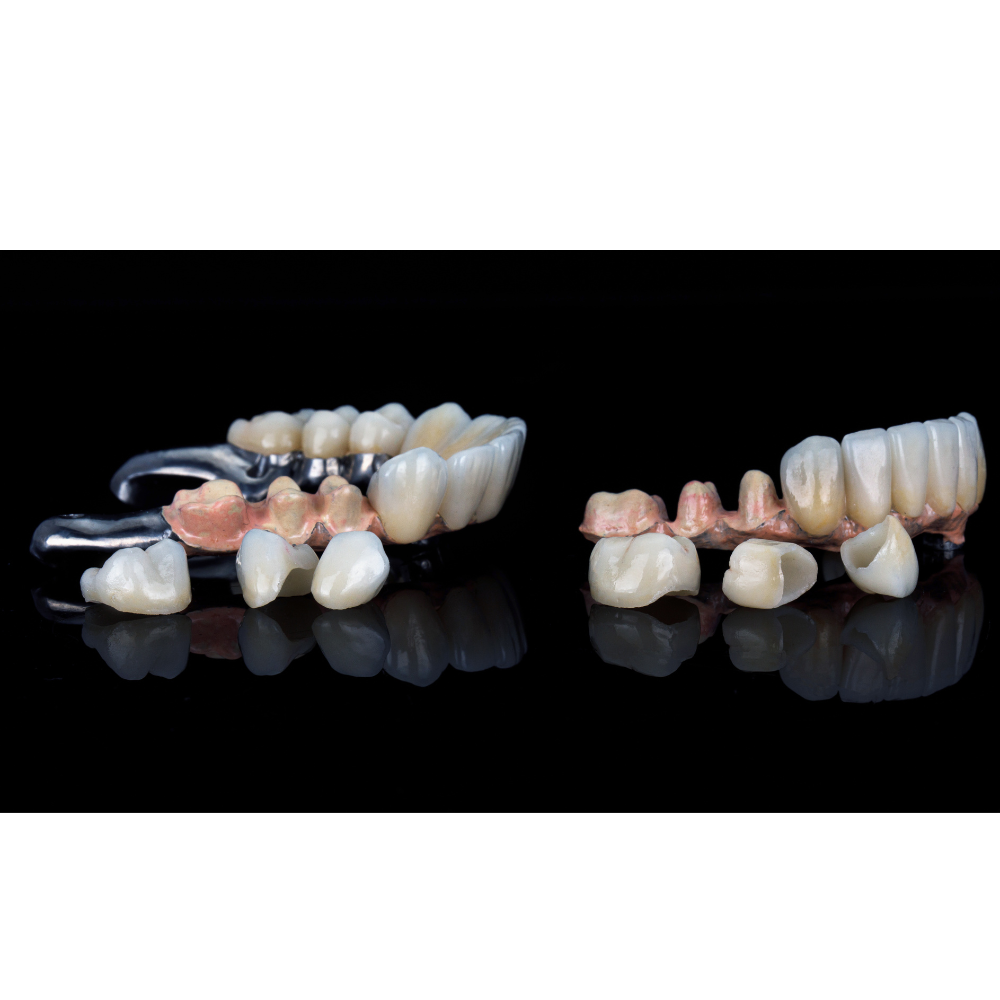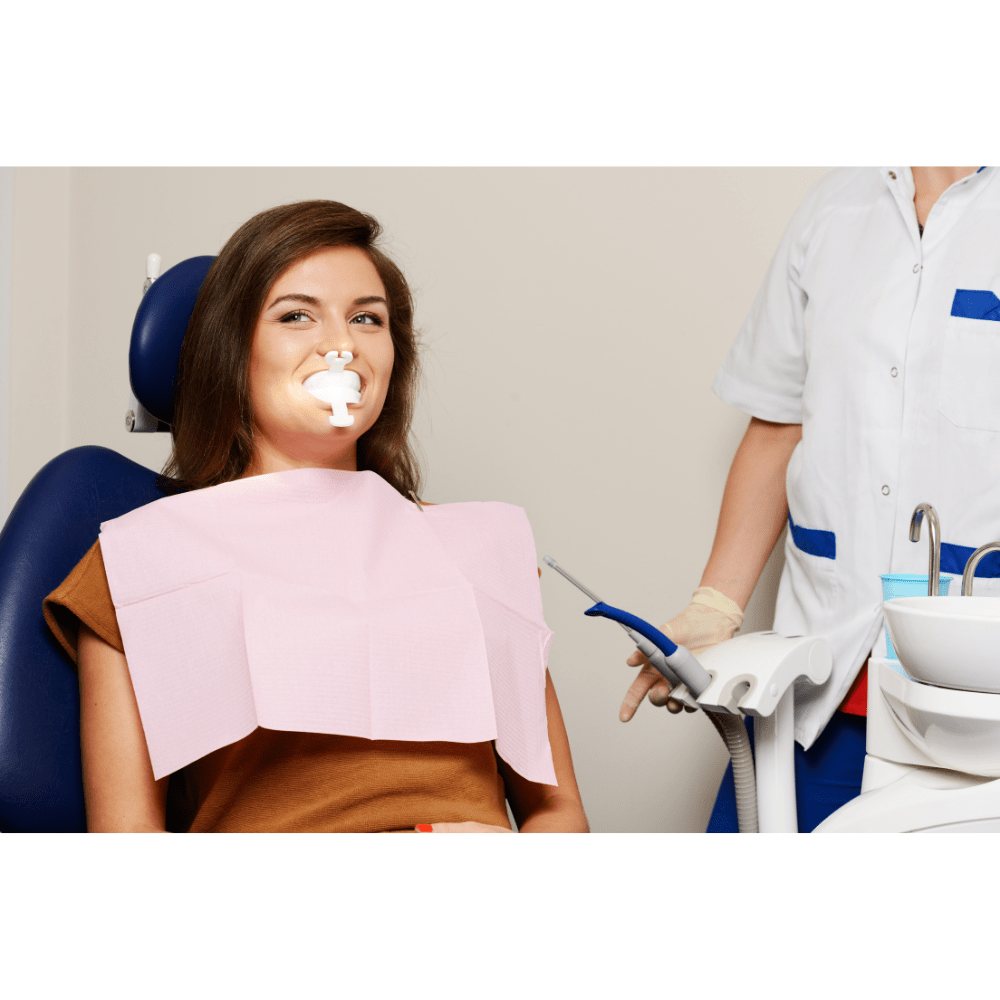Wisdom Tooth Biting Cheek | Know All About It
Wisdom teeth, when erupting improperly or becoming impacted, can cause irritation and injury to the soft tissues of your cheeks which leads to discomfort, swelling, and even infection. This common dental issue affects millions of individuals, often causing frustration and inconvenience.
Knowing the causes and symptoms of wisdom tooth impaction biting the cheek can help individuals seek timely intervention and relief. In this guide, we will discuss the causes, symptoms, and treatments to promote oral health and alleviate discomfort. Let’s start with the causes of cheek biting related to wisdom teeth.
Causes of Wisdom Tooth Biting Cheek
Here are the causes of wisdom tooth biting cheek:
Impacted Wisdom Teeth:
When wisdom teeth do not have enough space to fully emerge, they can become impacted which causes them to push against the cheek tissue and dig into the cheek.
Crooked Wisdom Teeth:
Misaligned or crooked wisdom teeth can rub against the cheek and can get holes in the cheek which leads to irritation and cheek biting.
Large Wisdom Teeth:
Oversized wisdom teeth may protrude further into the mouth, increasing the likelihood of cheek biting.
Malocclusion:
Malocclusion can also result in cheek biting by the wisdom teeth. Malocclusion disrupts the normal function of the jaws and teeth which increases the likelihood of cheek biting as a consequence.
Lack of Jaw Space:
Insufficient jaw space can cause wisdom teeth to erupt at an angle which results in cheek tissue interference.
Soft Tissue Swelling:
Swelling of the gums and surrounding soft tissues due to wisdom tooth eruption can make the cheeks more susceptible to biting.
Different Types of Cheek Bites
Accidental Cheek Bites:
These occur when you mistakenly bite down on the inside of your cheek while chewing food. Accidental cheek bites are common and usually minor which causes temporary discomfort and sometimes minor injury to the cheek tissue.
Cheek Biting Due to Oral Habits:
Certain oral habits, such as nail-biting, pen chewing, or cheek chewing, can lead to cheekbiting. These habits may be unconscious behaviors triggered by stress, anxiety, or boredom.
Cheek Biting Due to Dental Issues:
Dental problems such as malocclusion, biting gums with wisdom teeth, crowded teeth, or sharp edges on dental restorations can cause recurrent cheek biting. These issues create irregularities in the bite pattern and can increase the likelihood of accidentally biting the cheek while eating or talking.
Cheek Biting Due to Medical Conditions:
Certain medical conditions, such as temporomandibular joint (TMJ) disorder or oral mucosal disorders, can increase the risk of cheek biting. TMJ disorder may cause jaw misalignment or muscle tension.
Oral mucosal disorders can result in changes to the cheek tissue texture which makes it more prone to accidental biting.
Symptoms of Wisdom Tooth Cheek Biting
Some of the symptoms of wisdom tooth cheek biting include
- Cheek swelling or inflammation.
- Cheek tissue abrasions or cuts.
- Pain or tenderness in the cheek area.
- Difficulty opening the mouth fully.
- Cheek tissue irritation or redness.

Why I Am Experiencing Wisdom Tooth Cheek Pain
You can experience wisdom tooth cheek pain if the wisdom teeth are stuck beneath the gums, they can push against the cheek tissue which causes discomfort. Inflammation or infection around these teeth can also make the pain worse. Sometimes, the sharp edges of wisdom teeth can irritate the inner cheek which leads to discomfort as well.
Moreover, if the wisdom teeth grow abnormally, they might press against the cheek in an awkward manner, which can make things more painful. Sometimes, if there’s trauma or injury to the cheek because of these teeth, it can add to the discomfort.
Wisdom Tooth Cutting into Cheek Treatment
A Wisdom tooth cutting into the cheek is a real issue, if left untreated, this issue can worsen over time which leads to more significant oral health problems. However, some treatments include:
- Over-the-counter pain relievers can help alleviate discomfort caused by the wisdom tooth cutting into the cheek.
- Warm salt water rinses can help soothe the irritated cheek tissue and promote healing.
- Dentists recommend applying topical oral numbing gels or ointments to the affected area to provide temporary relief from pain and irritation.
- In cases where misalignment contributes to cheek biting, orthodontic treatment is recommended to reposition the teeth and alleviate pressure on the cheek.
- If the wisdom tooth is causing persistent pain, infection, or damage to the cheek tissue, extraction is necessary to resolve the issue permanently.
- Temporarily switching to a soft diet can reduce irritation to the cheek tissue and prevent further damage while the area heals.
Why I Am Cheek Biting in Sleep
Cheek biting in sleep can occur for the following reasons:
- Stress or anxiety can manifest as teeth grinding during sleep.
- Malocclusion causes the jaw to move in ways that lead to cheek biting.
- Sleep disorders like sleep apnea may be associated with bruxism.
- Habits formed during waking hours, such as cheek chewing continue unconsciously during sleep.
- Side effects of certain medications or substances that can increase muscle activity during sleep.
FAQs
Why is My Wisdom Tooth Growing Sideways Toward My Cheek?
Your wisdom tooth is growing sideways toward your cheek when there’s not enough space in the jaw for the tooth to erupt normally. As a result, the tooth grows at an angle that presses against the neighboring teeth or soft tissues like the cheek.
Is Cheek-Biting Serious?
Yes, cheek-biting can be serious, especially if it occurs frequently or causes injury to the cheek tissue. Chronic cheek-biting can lead to irritation, inflammation, and even sores or ulcers in the mouth.
What Happens if I Keep Biting The Inside Of My Cheek?
If you continuously bite the inside of your cheek it can result in cuts, abrasions, or ulcers which increases the chance of infection. This interference with the natural healing process can prolong recovery time. Chronic cheek biting can desensitize the affected area which heightens susceptibility to pain and discomfort.
Moreover, breaks in the skin provide entry points for bacteria which escalates the risk of oral infections. Severe or frequent cheek biting can even lead to scar formation which impacts both the appearance and function of the cheek tissue.




